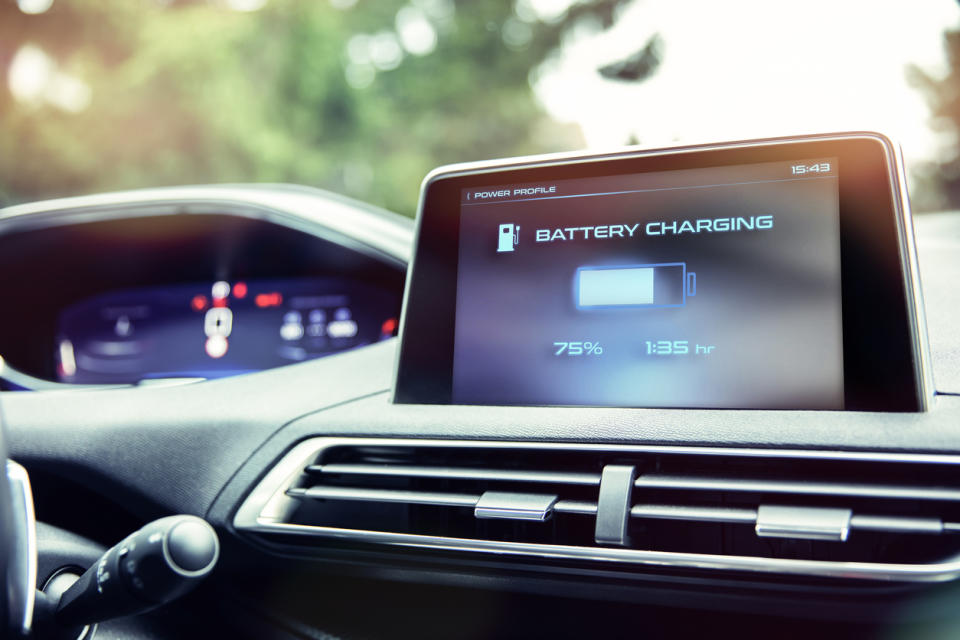What is the Lifespan of an Electric Car Battery?

Electric cars have soared in popularity in the wake of high gasoline prices. While improvements in vehicle battery technology have led to increased battery range, consumers are still left wondering how long they can expect their vehicle battery to last. After all, the battery pack is the most expensive part of an electric car, with a new battery costing upwards of $20,000.
So what can you expect for an electric vehicle’s battery lifespan? We have the important answers.
What are EV Batteries?
Internal combustion engined cars are powered by gasoline, while EVs are powered by a battery pack driving one or more electric motors. The batteries that power electric cars are rechargeable lithium-ion batteries, which is the same type of battery found in cell phones and other consumer electronics. Lithium-ion batteries have a higher energy density than lead-acid or nickel-cadmium rechargeable batteries, which means they don’t take up as much space while providing an equivalent level of power. A vehicle’s battery capacity is measured in kilowatt hours (kWh), so a vehicle with a higher kWh rating means it has more range.
How Long Does an Electric Car Battery Last?
The lifespan of an EV battery depends on a number of factors. While battery life can vary, EV manufacturers are required to issue a warranty for at least 8 years or 10,000 miles. However, some manufacturers offer longer warranties. Kia offers a battery pack warranty for 10 years or 100,000 miles, and Hyundai provides warranty coverage on EV batteries for the vehicle’s entire lifetime. Battery warranties vary not only by time but also the nature of the coverage. Some automakers will only replace the battery if it completely dies, while other brands like BMW, Tesla, and Volkswagen will cover a battery if battery capacity falls below a certain percentage.
As battery technology continues to evolve, companies are creating larger batteries with increased range. For example, the first generation Nissan LEAF had a maximum range of 84 miles, while the newest LEAF has a maximum range of 212 miles. The advanced technology of these larger batteries also reduces their degradation. Even as they degrade, they will still maintain a long battery range. Moreover, a Tesla Model S only loses an estimated five percent of battery capacity over its first 50,000 miles.
This means that while every electric car battery pack will degrade over time, modern electric car batteries likely won’t require a battery replacement. And as engineering continues to evolve, batteries are designed to last the entire life of the vehicle.
An EV battery is expected to last 10-20 years depending on maintenance and care.
How to Prolong the Life of Your Electric Vehicle Battery
Just like there are preventative maintenance measures to extend the life of your gasoline vehicle, there are EV charging measures you can take to prolong your EV’s battery life.
1. Avoid parking in extreme temperatures
Lithium batteries have thermal management systems that will heat or cool themselves, which in turn uses energy and drains EV battery packs. Try to park in the shade if possible on hot days and inside in extreme cold temperatures to assist battery longevity.

 Yahoo Autos
Yahoo Autos 